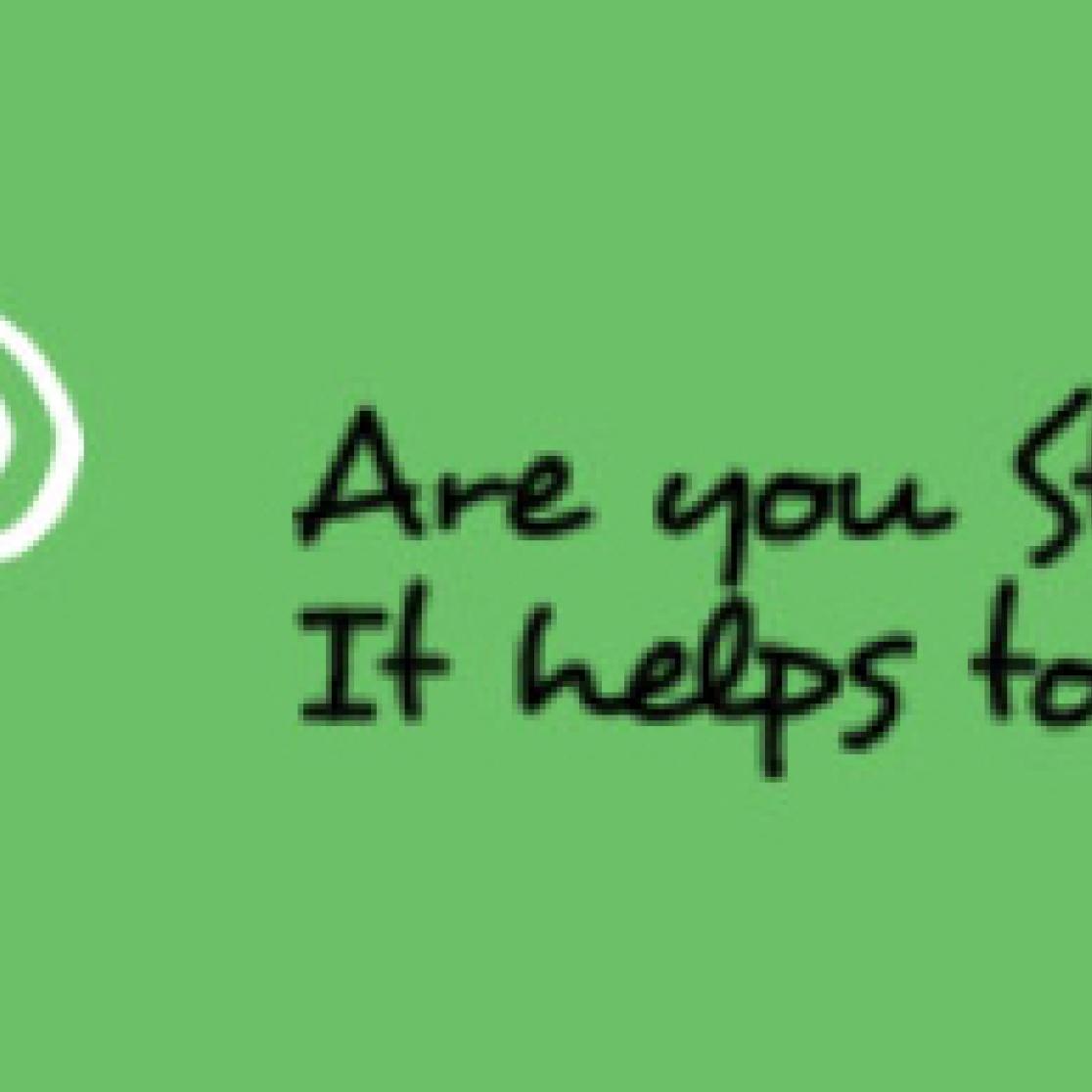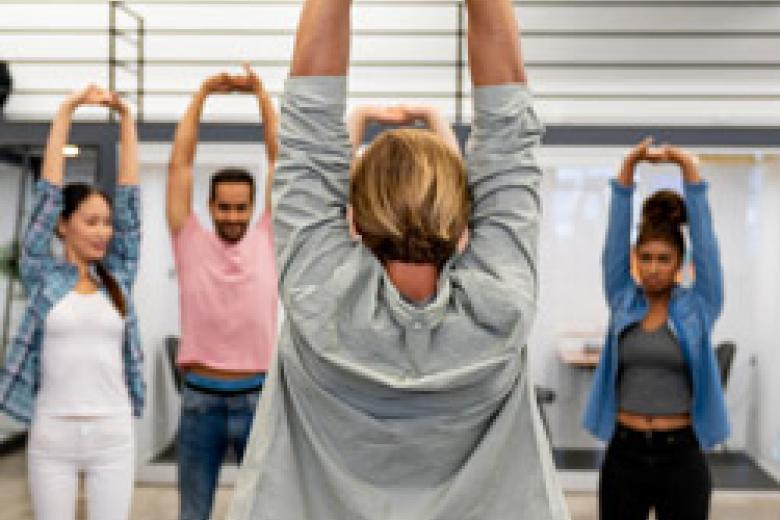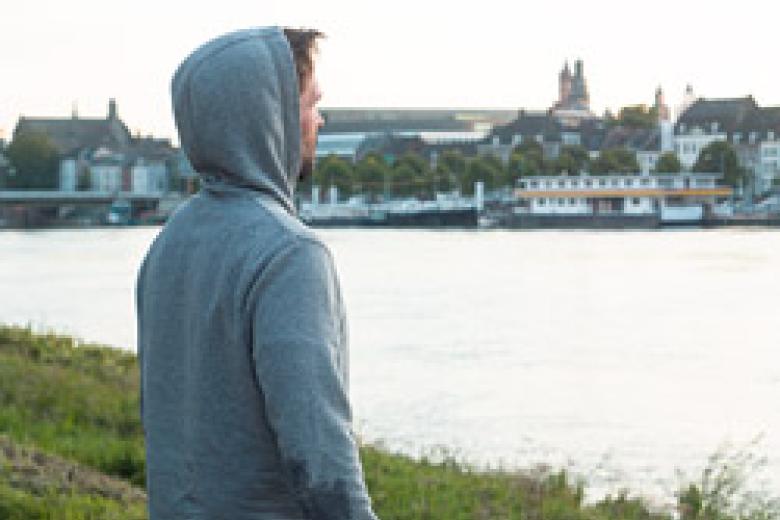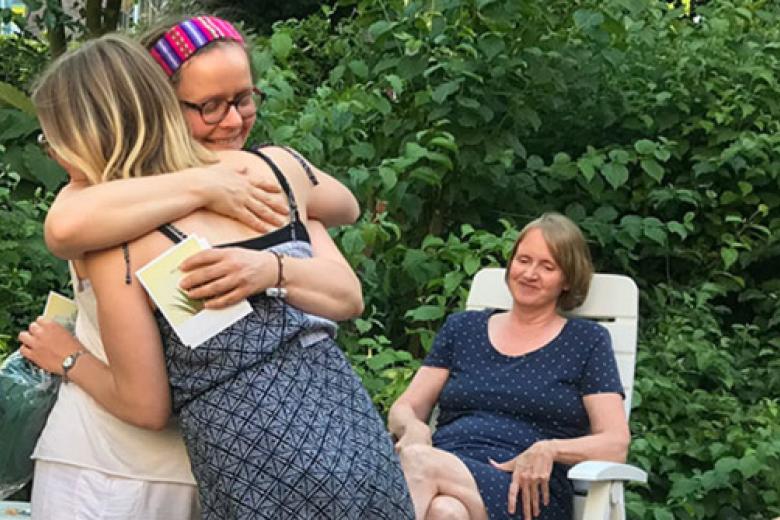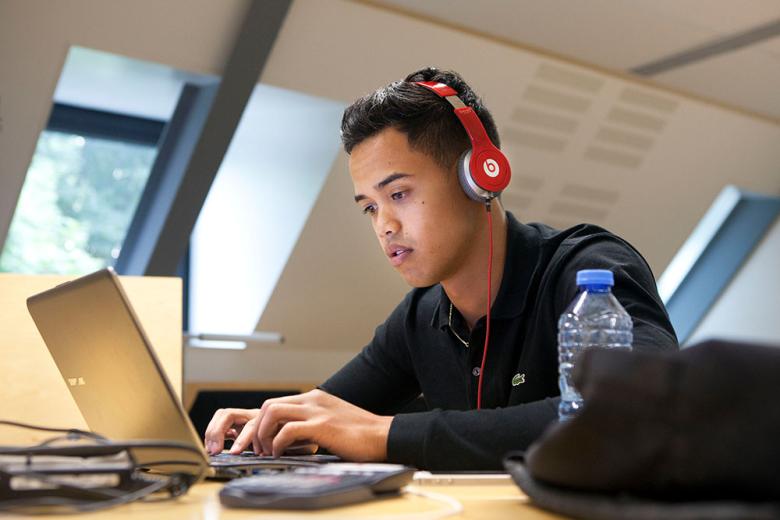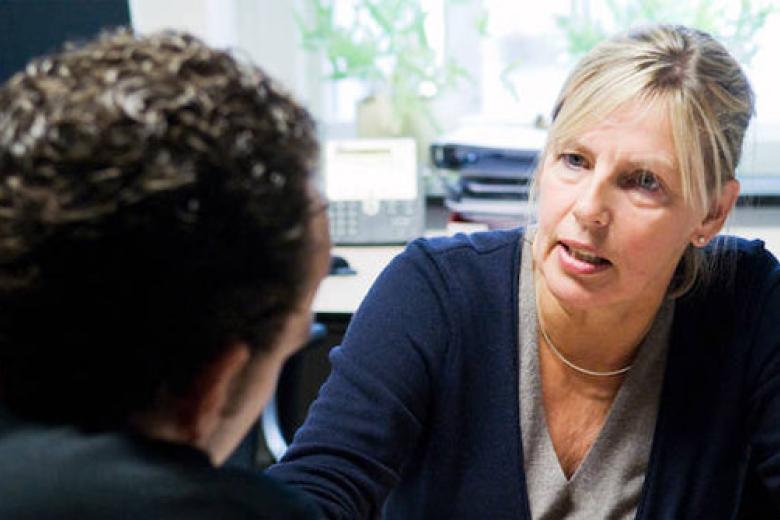A listening ear
Are you between 12 and 25 years old and having trouble dealing with something? Heartbreak, problems with school or university, loneliness or depression? Whatever it is, @ease provides free and accessible psychological support. You can speak with young volunteers, completely anonymously, at the @ease location or via chat. You will not be asked for your name, your background, your education or your age; no file will be created. The volunteers you speak to are all thoroughly trained and coached. And there is always a team of mental healthcare professionals present. Advice from @ease: are you worried about something or is something bothering you? You can't talk to friends about it? Don't wait, get in touch with us. You'll see that you're definitely not the only one with your problem or question. Talking helps.
Flore Joskin is associated with @ease through her job as a communications manager for the Department of Psychology and Neuropsychology (FHML). @ease is a national organisation without employees that works with professionals whose employers, usually local health and welfare organisations, donate their time. ‘The conversations with the young people who come to us in need of a listening ear are done by young volunteers,’ Joskin explains. ‘This makes @ease very accessible. These are UM students, often from FPN or FHML, as well as others from Zuyd University of Applied Sciences. Additionally, many young people who have experienced difficult times themselves, want to volunteer with us and mean something to others. There is always a team of professional healthcare providers in the background, so the young volunteers can always go to someone if they need advice. This also means our team can quickly react when a young person who has come to us needs additional help outside of @ease.’
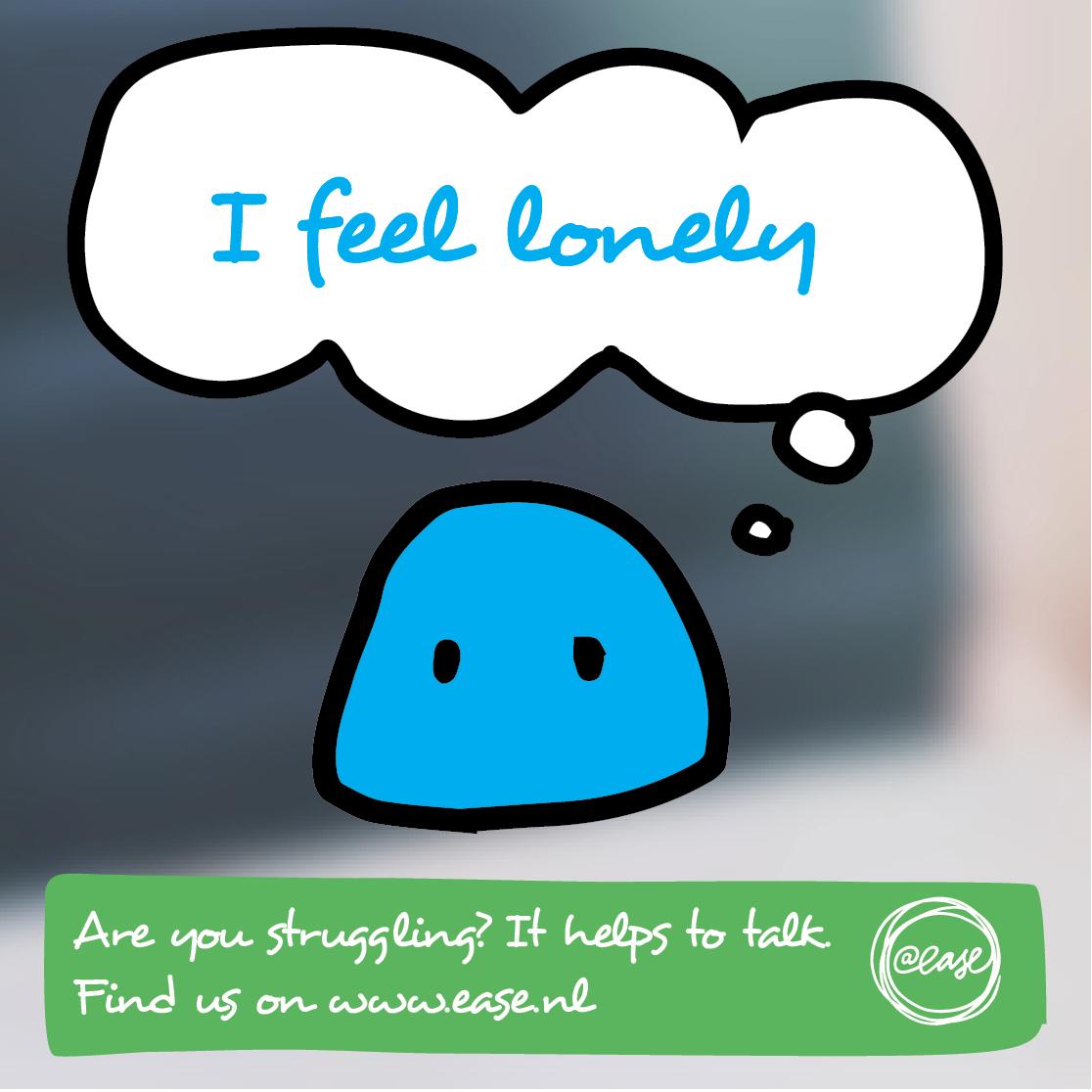
Harrowing
‘In 2020, after the first lockdown, we didn't know what would happen to us. At first we had to close, too. We didn't have a chat function yet, so we set it up very quickly. The chat was immediately busy, and we noticed that the problems were more serious than usual. Normally we come across a wide range of issues, ranging from loneliness and study stress to substance use, but on the chat we saw the users were getting younger and there was more often an unsafe situation at home. But suicidal thoughts as well, not wanting to go on, being very isolated, as well as sexual and other abuse. During the corona crisis, these problems are [MB1] more apparent, very harrowing.’
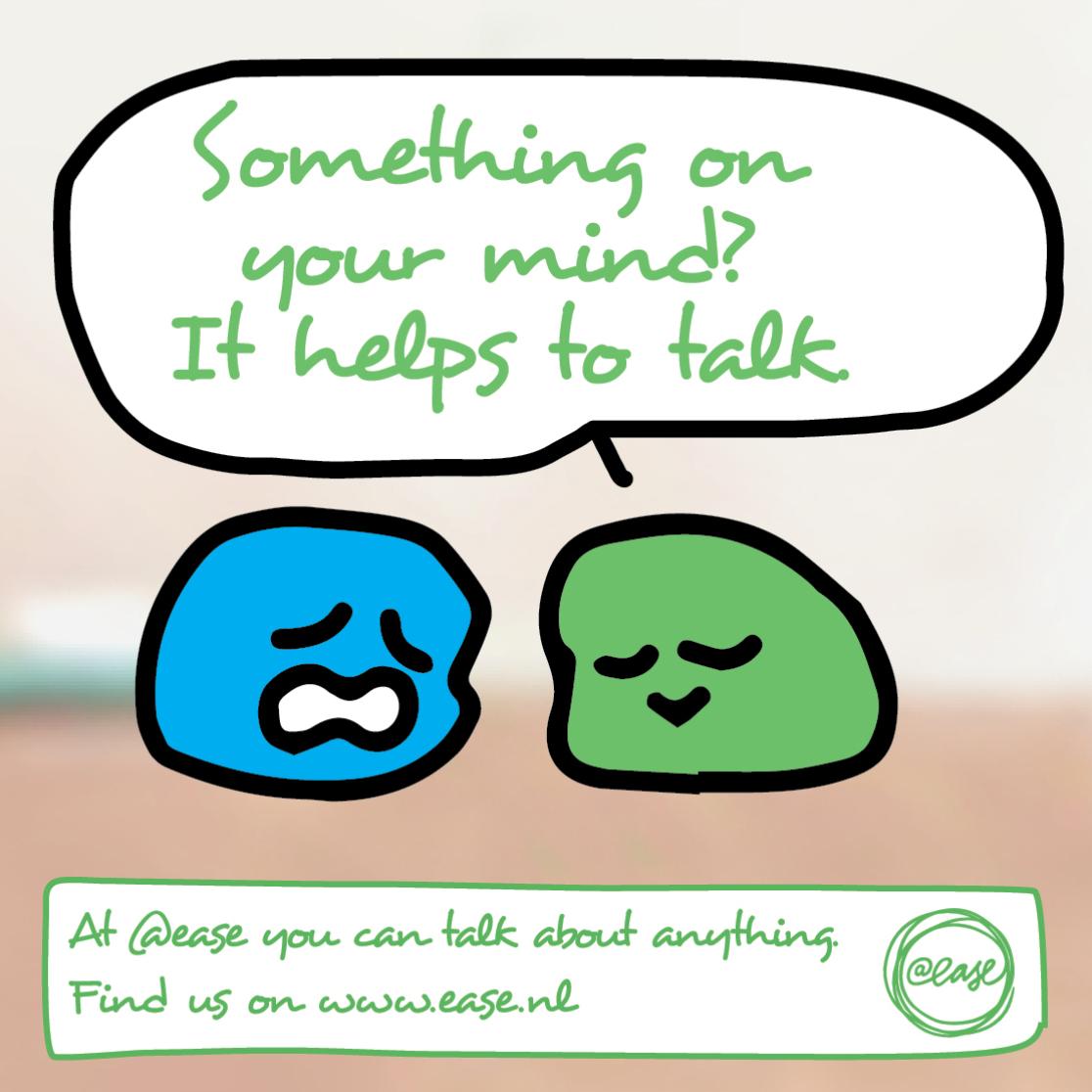
Safety
The strength of @ease is that it is anonymous, you are completely safe as a young person and nothing is told to parents or anyone else. If the @ease volunteers feel someone needs professional help that they can't provide, they try to convince the young person to go to a doctor, reach out to a teacher or a specialised organisation. It's up to the young people to make that decision themselves. In an acutely dangerous situation, @ease can call in the crisis service. Joskin: ‘How we support them, depends on the young person’s situation. If it is someone who wants to vent their problems, they can come back as often as they want. Young people often think their problem is not serious enough or that they can solve it themselves, but there's a chance they'll unwittingly make things worse. Therefore, if you don't feel OK, don't be ashamed to take the step and talk to someone about it. You're not alone.’
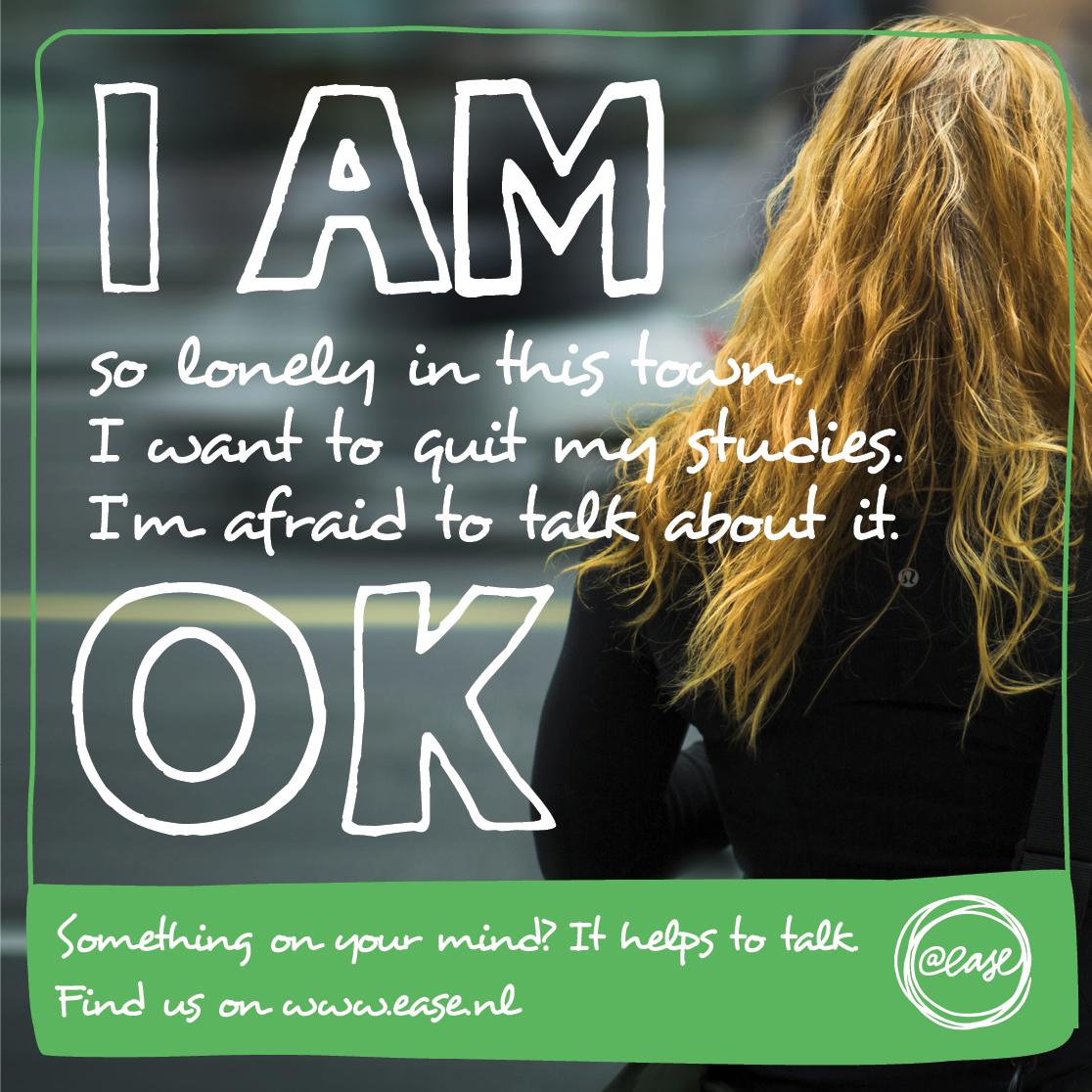
The @ease foundation is an initiative of Prof. Dr. Thérèse van Amelsvoort (full professor of transition psychiatry at Maastricht UMC+) and Dr. Rianne Klaassen (child and adolescent psychiatrist at Levvel (formerly De Bascule) in Amsterdam. @ease was created with the help of Maastricht UMC+, VUmc, and various healthcare and welfare institutions and local municipalities, among others. Working hours of professionals from different fields are donated by the cooperation partners in order to make @ease possible.
@ease finds it important to be well connected to what young people want. That is why academic research is part of @ease. Sophie Leijdesdorff is a psychologist, PhD candidate at Maastricht University and dedicated researcher at @ease. In this vlog, she will tell you more about it. She recently published an academic article on her first findings. You can read this article here: Full article: Burden of mental health problems: quality of life and cost-of-illness in youth consulting Dutch walk-in youth health centres (tandfonline.com). On 9 April, she will defend her dissertation at Maastricht University.
Text: Margot Krijnen
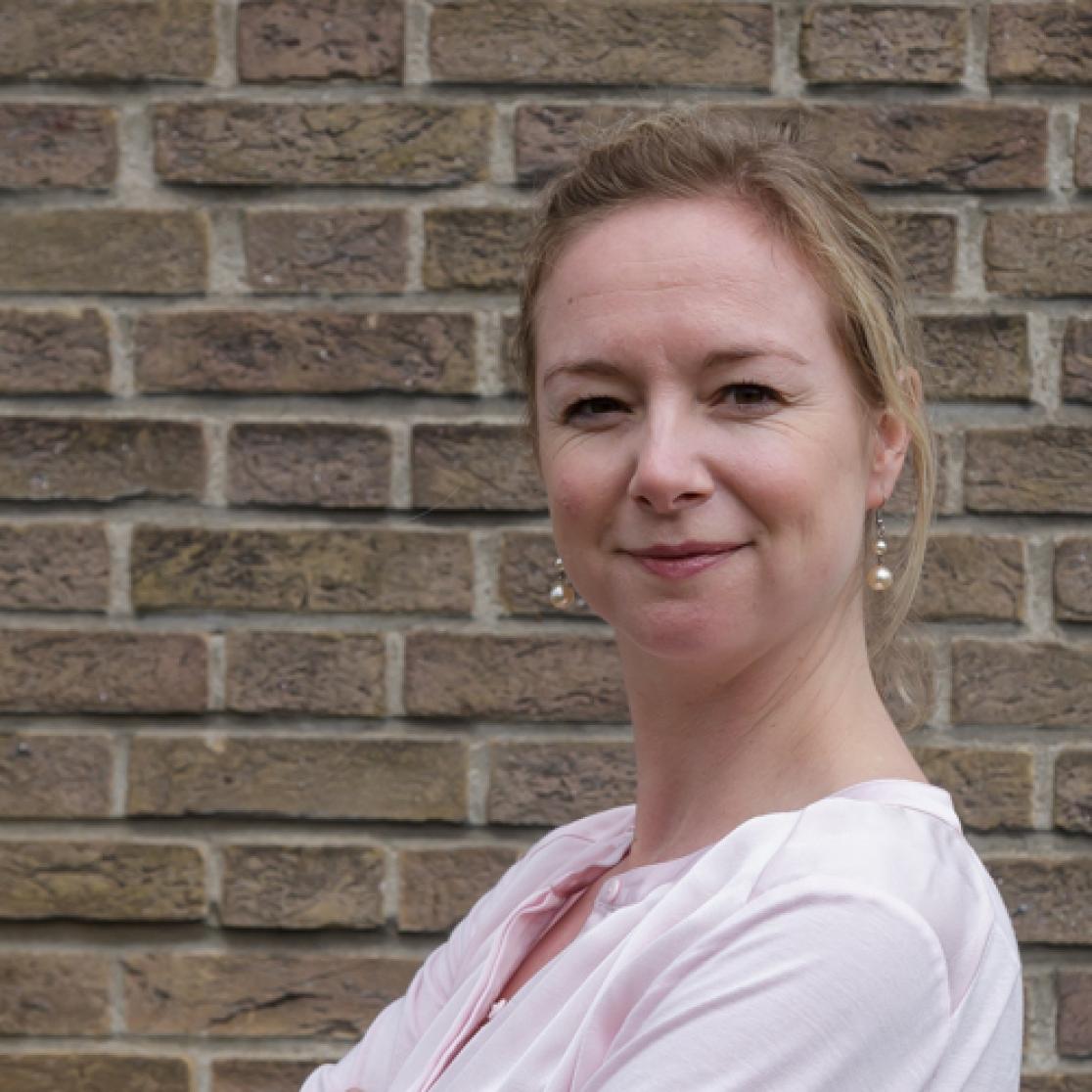
Flore Joskin is associated with @ease through her job as a communications manager for the Department of Psychology and Neuropsychology (FHML).
